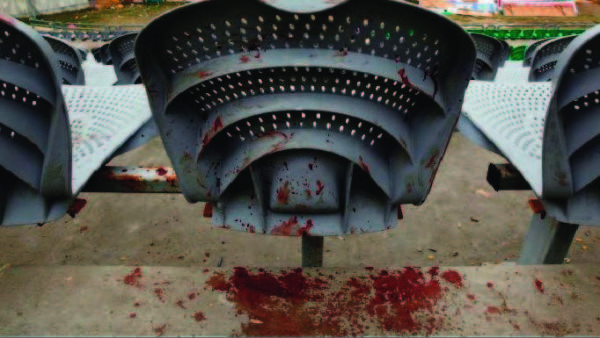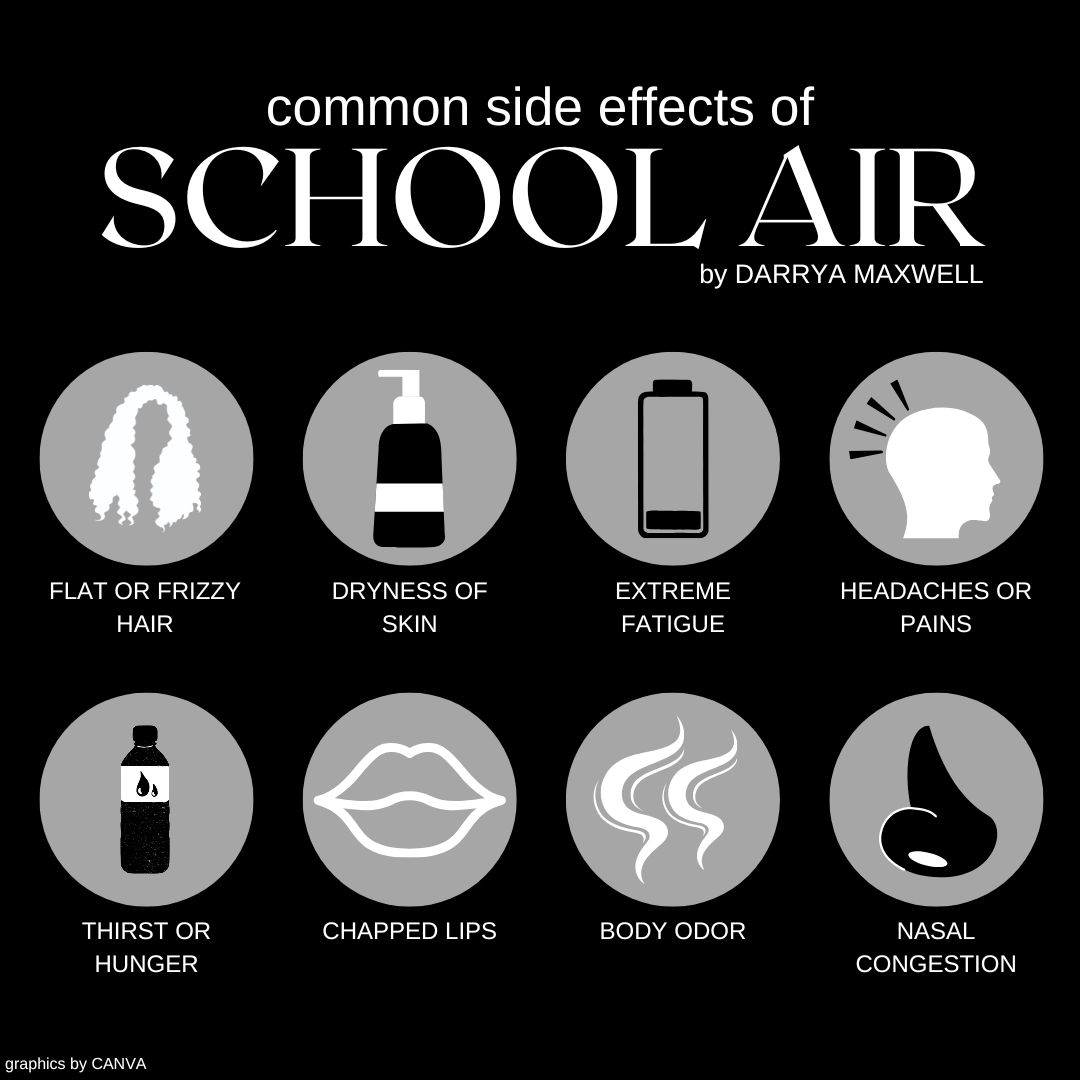Egypt is known around the world for being obsessed with its premier football (soccer that is) league. But this year, the football season opened to complete and utter silence, without fans, in the security of a military stadium. Why?
Because last year, during what is now known as the Port Said Massacre, over 70 football fans were killed and more than 1,000 others were injured. Cairo’s Al-Ahly football club had just secured their 3-1 victory over the hosting Port Said Al-Masry team when violence broke out in the bleachers. Fans from both sides bashed each other with rocks and chairs and some even reported knives and other weapons. Most of those killed died from either suffocation or falling from the bleachers.
Two months later, 75 people were charged with premeditated or attempted murder. Another three Al-Masry officials and nine police officers were charged with “assisting the murders.” According to Egypt’s general prosecutor, those charged with assisting knew about the assault ahead of time and chose not to confiscate weapons. The electricity engineer who was charged was deemed responsible for turning off the lights right above the bleachers where the Al-Ahly fans were sitting as soon as the game ended, allowing rioters to attack.
But the violence did not end there. Two weeks ago, 38 people died and more than 630 were injured when another riot broke out. This time, Port Said citizens were angry because 21 of their people had been sentenced to death for their involvement in the Port Said Massacre. These rioters burned a police barracks, set fire to a police station, attacked members of the news media, closed off all roads and the railroad into Port Said, and even attacked a power facility. In contrast, in Cairo, there were widespread celebrations.
Due to the rioting that erupted in Port Said, Egyptian President Mohamed Morsy has declared a state of emergency and imposed a 30-day curfew there and in the two nearby cities of Ismailia and Suez. In these areas, people will not be able to go out between 9 PM and 6 AM. Morsy also threatened to more harsh measures if the violence continues. “I will act,” he said, “And now I am acting.”
All of this from one football game, gone terribly wrong. Before, in Egypt, football was an escape from the economic, political, and social tumult plaguing the country. Now, it has only become another point of tension between the citizens of Cairo and Port Said, fueling the same type of strife that led to the overthrow of Hosni Mubarak in 2011.
So, why should we care? Living in the nice state of Minnesota, somewhat secluded in the quiet suburb of Minnetonka, it is hard for us to comprehend this level of violence. But we can be more aware of how our actions represent Minnetonka to the rest of the state, country, and world. At the upcoming state and section competitions, when our teams are featured on local television, maybe we should actually listen to what our paras, teachers, and principals are telling us about the importance of good sportsmanship.































